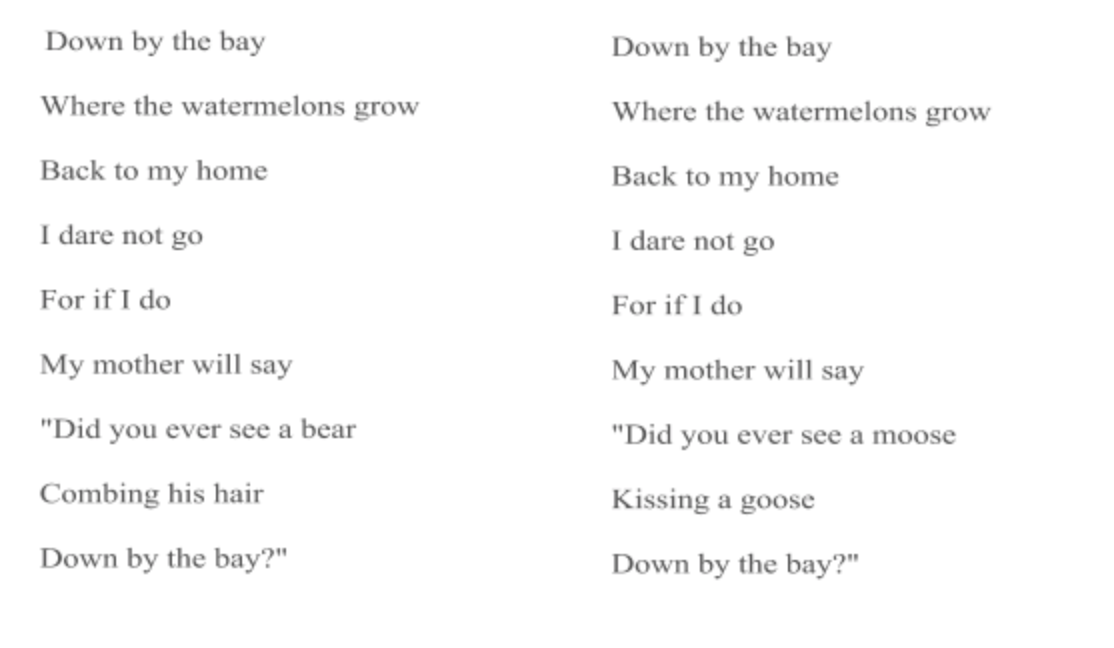Context:
KR’s grandfather was a Scoutmaster in Ontario who led Cub Scouts and Boy Scouts on camping trips and also enjoyed going camping with his own family. He remembers this piece as one of the songs his grandfather used to sing around the campfire with them.
Main Piece:
“The Johnson Boys”
Verse 1:
Oh, the Johnson boys, the Johnson boys,
They lived on a mill on the side of the hill,
Verse 2:
Oohh, the Johnson boys, the Johnson boys,
They lived on a mill on the side of the hill,
Verse 3:
Ooohhhhh, the Johnson boys, the Johnson boys,
They lived on a mill on the side of the hill.
Continue ad infinitum, with the “oh” being drawn out longer with each repetition of the verse.
Analysis:
KR remembers “The Johnson Boys,” as “the song with one hundred thousand verses.” He says it’s, “a fun little song that everyone gets to chime in on,” since the lyrics were easy to remember and stretching out the “oh” always made the kids laugh. This song fulfills the classic roles of a good campfire song: something easy to pick up and remember, but with a fun twist to entertain the children. Since KR’s grandfather was a scout leader, the trips he led were mainly composed of children, it makes sense that he would have a library of these songs that are easily accessible for anyone.
This facet of folk song is interesting to me because while it is folk culture, it is also in some ways an institutionally pushed song. By this I do not mean that it was integrated into standardized education, or utilized by the government/corporations, but it significantly differs from some other children’s songs because it is a song that was taught to children by adults, and generally performed between children and adults. Often, folkloric children’s chants and songs evolve within the young population, perhaps even against the will of the adults surrounding them. But this song, and other campfire songs like it, are more of a bridge between the cultural worlds of the child and the adult leaders. They are neither the children’s song (because the children did not create it or claim it as their own to change and sing on their own) but also not a song for the adults (because the adults sing it primarily for the enjoyment of the children).

